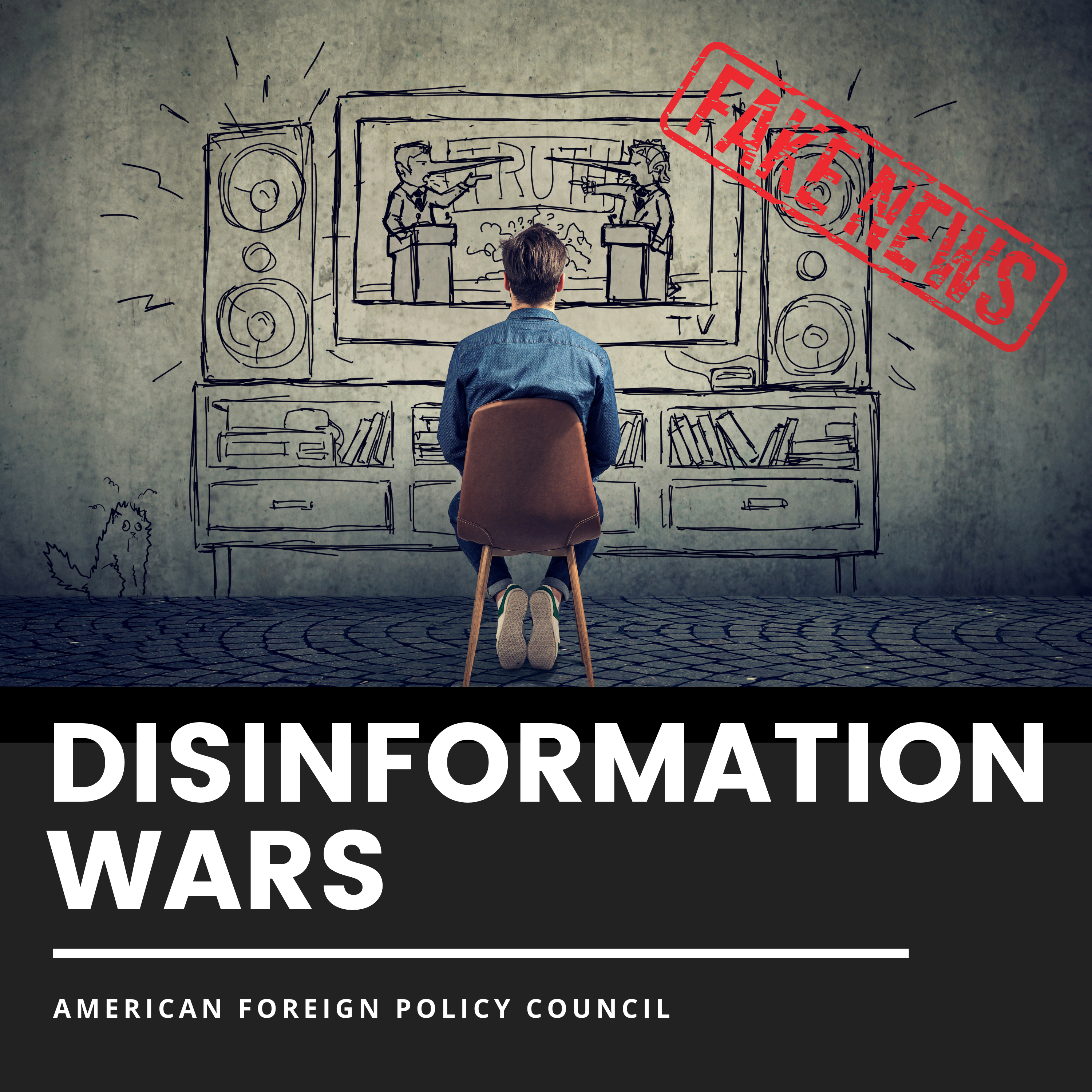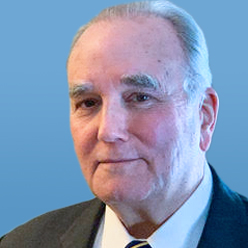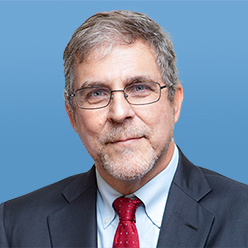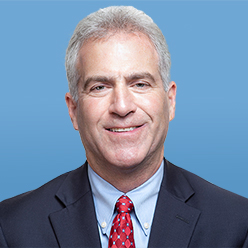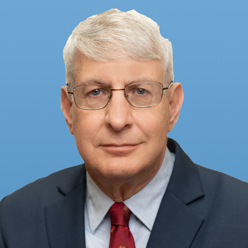Official outreach to foreign publics represents one of the most potent instruments of “soft power” available to the United States. Yet U.S. public diplomacy has eroded significantly since its heyday at the height of the Cold War, when American broadcasts and messaging engaged foreign publics behind the Iron Curtain and played an integral role in shaping the ideas that brought down the Soviet bloc. Through a combination of bureaucratic reshuffling and official neglect, the post-Cold War era has seen an erosion of the efficiency, strategic vision and impact of American strategic communications. The aggregate result was that, by 2003, a high level advisory panel had already concluded that the United States had undergone a process of “unilateral disarmament” in “the weapons of advocacy.” The situation has only worsened in the years since, as the proliferation of new communications technologies, the rise of social media platforms, and the spread of “fake news” and disinformation have made the international media environment more contested than ever before.
Rebuilding the vibrancy, impact and persuasive potential of U.S. broadcasting is critical to ensuring the resonance of our ideas and values in today’s increasingly crowded, contested information space. The American Foreign Policy Council’s Future of Public Diplomacy Project is designed to elevate the profile of public diplomacy in the U.S. public policy debate, as well as to highlight to policymakers and the general public the various contemporary challenges now confronting American outreach. The work of the Project will be carried out through a range of activities (from articles, to papers to the convening of policy forums) designed to bring greater clarity and purpose to this critical arena. Areas of programmatic focus will include:
- Identifying disinformation efforts directed at the American public by both hostile governments and non-state actors, including Russia, China and Iran;
- Optimizing the roles and functions of America’s organs of public diplomacy, as well as their governing body, the U.S. Agency for Global Media (USAGM);
- Highlighting new and emerging technologies that can help to ensure the free flow of information to unfree societies; and
- Aligning public diplomacy and international outreach with core American foreign policy principles.
DISINFORMATION WARS PODCAST
What are America’s adversaries up to in the information space? What’s the future of U.S. “soft power”? And how can the United States better compete in today’s more crowded, more hostile global media environment? Join host Ilan Berman as he discusses topics like Russian disinformation, Chinese propaganda and the “war of ideas” in the Muslim World with a range of experts, journalists and practitioners.


